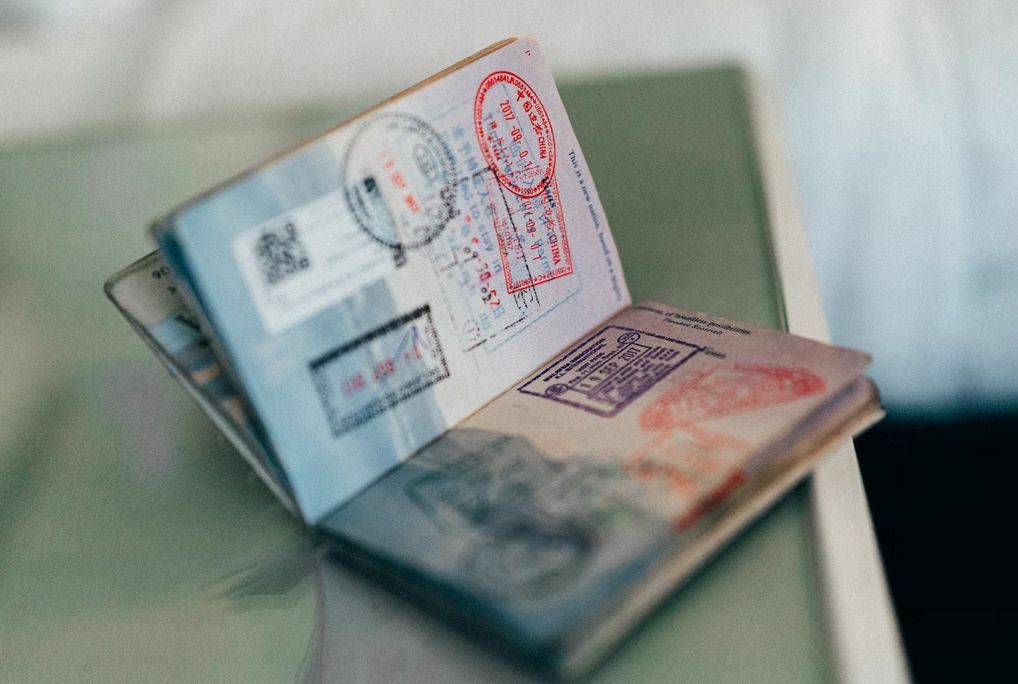Thai-Chinese visa exemption policy may boost outbound travel by 10%

The Association of Thai Travel Agents (ATTA) predicted a 10% surge in outbound visitors from Thailand to China, due to the new mutual visa exemption policy between the two countries. However, the ATTA President, Sisdivachr Cheewarattanaporn, expressed doubts over the government’s projected figure of 8.2 million inbound visitors from China.
The visa-free arrangement, aimed at enhancing bilateral relations and boosting tourism industries in both nations, is expected to prompt airlines to increase their seating capacity.
The scheme, set to come into effect from March 1, was announced by Prime Minister Srettha Thavisin.
Drawing comparisons, Sisdivachr referred to the success of the visa exemption offered by Japan to Thai passport holders ten years ago. The policy led to a significant increase in Thai tourists to Japan, reaching a peak of one million in 2019.
Similar results are expected from the new Thai-Chinese scheme, with a predicted 10 to 30% rise in Thai visitors to China.
Yet, Sisdivachr highlighted some challenges, including a lack of flights due to only 50% recovery of seat capacity between Thailand and China.
Coupled with higher airfares, these factors could potentially hinder growth. Consequently, reaching the government’s target of 8.2 million Chinese arrivals this year could prove difficult, with a more realistic figure standing at 6 to 7 million, reported Bangkok Post.
Sisdivachr further suggested that the Chinese New Year holiday period could serve as a yardstick for assessing Chinese tourism sentiment.
A surge in arrivals from China during this period might foretell a promising trend for the subsequent months.
In addition to this, Sisdivachr recommended the Thai government consider visa-free discussions with the European Union, given the high number of European visitors to Thailand every year.
However, Thailand’s sluggish economic growth could potentially impact outbound trips, as people cut back on tourism expenses.
Visa exemptions could help mitigate this by eliminating application fees and simplifying trip planning.
Finally, he highlighted popular Chinese destinations, including Beijing, Shanghai, Kunming, Guangzhou, and Chengdu. Typically, Thai tourists prefer 4 to 5-day trips, particularly during long holidays such as Songkran.
In related news, Thailand and China are to implement mutual visa-free travel in March.
Latest Thailand News
Follow The Thaiger on Google News:


























